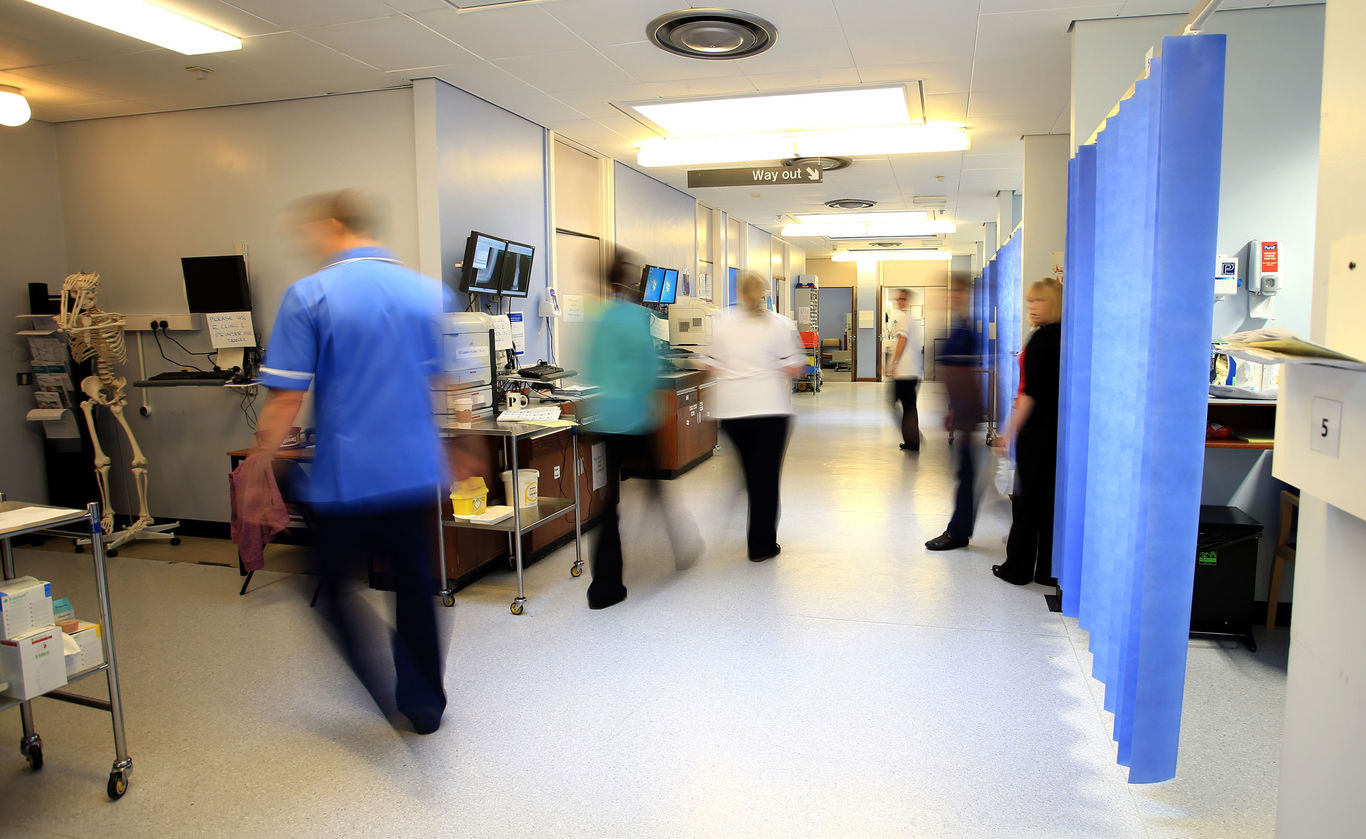Here's what Ireland needs to do to nurture its growing medtech industry
The sector faces infrastructural bottlenecks and a battle for talent.
THE MEDTECH SECTOR has seen a dramatic shift in the 16 years since the Irish Medtech Association was formed.
Today, Europe’s industry represents nearly a third of the global market, while Irish medtech exports have quadrupled over the last decade to €12.6 billion.
Although Ireland’s medtech business is growing from strength to strength, it is not without its challenges.
Like many other industries, the sector is being impacted by infrastructure bottlenecks and the ongoing battle for talent. If Ireland wants to maintain a competitive medtech sector, these two areas must be addressed.
Ireland’s success
Ireland has become one of the most attractive locations in Europe to do business in this sector, with nine of the top 10 medtech companies having a base here.
The success of Ireland’s industry lies in our ability to drive innovation, research and attract inward investment to this small, collaborative economy.
What’s more, we have proven that to become a global leader, an industry doesn’t need be anchored in the capital: more than three-quarters of the 35,000 people employed in medtech are working west of the Shannon. The region has a high concentration of foreign direct investment companies such as Medtronic, Boston Scientific and Merit Medical to name but a few.
However, the government must do more to reflect how research and development investment in medtech can translate into new discoveries and products ready for market.
For example, the internet of things – where everyday objects are connected to the web – is expected to be worth €6.5 trillion by 2025. Healthcare is tipped to take the largest stake in this category.
The private sector is already taking steps to prepare for opportunities arising from new personalised ways to get healthcare like smart drug delivery and advanced manufacturing. We need to stay ahead of the curve if we want to remain at the forefront of innovation.
While the ‘Knowledge Development Box’ tax relief helps make Ireland attractive to global companies and supports business research here, the unique nature of innovation in medtech means the government needs to do more to look beyond patents to protect and grow intellectual property.
We must also preserve the research and development tax credit – a key support for the sector – to ensure Irish medtech remains best in class.
Connected healthcare
Medtech companies fared well during the economic crisis, with thanks to the leadership of businesses here who made the move to high-end, high-tech manufacturing to achieve their strategic goals. During this time, Irish medtech became the European leader for lean and operational excellence.
Technological advances are creating new ways for healthcare to deliver better results for patients. These innovations require more and dedicated investment in R&D.
For example, connected healthcare – providing healthcare services remotely – has the potential to not only create jobs, but also take pressure off our overburdened healthcare system.
Infrastructure bottlenecks
Though adaptable and resilient, medtech is not without its challenges.
Poorly developed infrastructure is leading to bottlenecks and traffic congestion in parts of the west of Ireland, where most medtech jobs are based.
The planning process remains slow and cumbersome with too many projects getting bogged down in lengthy planning and consents procedures.
There is also a demographic and economic activity shift towards the east of the country, which needs to be addressed. With the right infrastructure, skills supply and support in place, medtech in the west could play a significant part in combatting economic and societal imbalances throughout the country.
Traffic congestion imposes costs on businesses across all sectors, increases average journey times and acts as a hindrance to attracting skilled staff and competition for inward investment.
The government should prioritise key infrastructure projects to ensure the west maintains its track record as a strong performing region for foreign direct investment.
Skills gap
In May of this year, the Irish Medtech Association predicted an additional 4,000 jobs will be created by the medtech sector by 2020.
If this growth is to be sustainable, it is imperative that we meet the demand and continue to upskill and re-train people.
To safeguard a pipeline of talent, we need to encourage students from an early age to pursue medtech careers, across both genders.
While engineering and technology courses have been popular in recent years, the CAO recently announced a 5% drop in these courses, with women often being under-represented in engineering courses.
We also need to ensure that the curriculum at third-level – in vital areas such as engineering and R&D – remains engaging, attractive and relevant for graduates to pursue careers of the future.
Additionally, more needs to be done to create and encourage alternative routes into the sector, such as through apprenticeships.
Sinead Keogh is director of the Irish Medtech Association, which will take part in Career Zoo West in Galway on 23 September. Fora is a media partner of the event.






